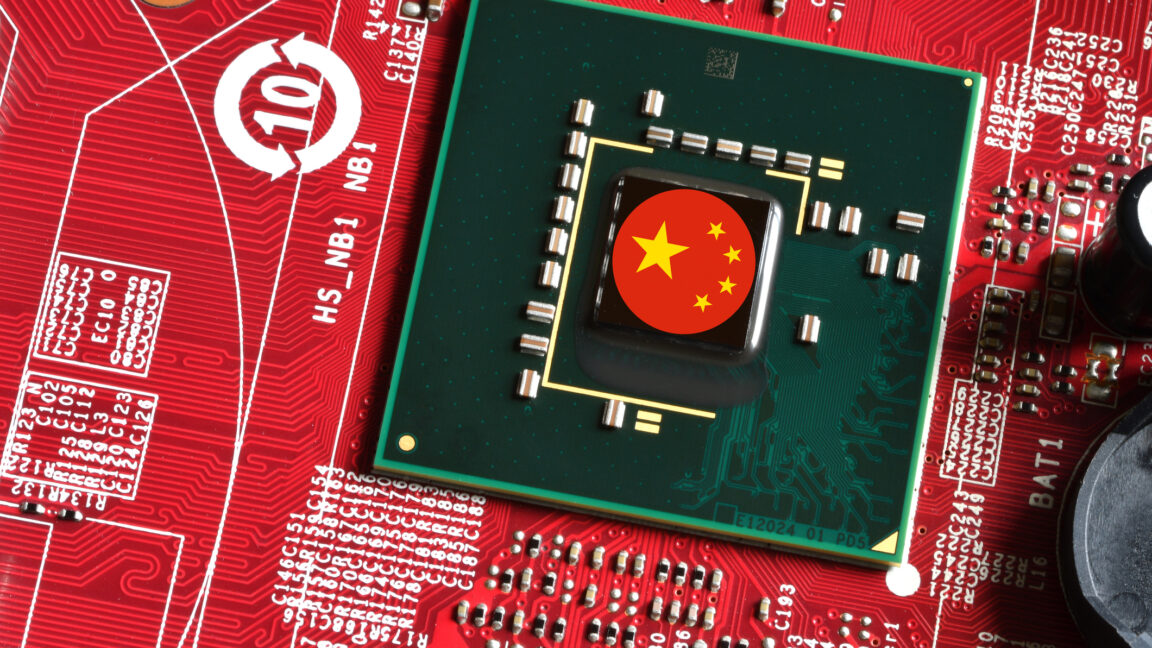
Led by Joe Biden, the US Trade Representative (USTR) on Monday launched an investigation into China's plans to dominate the global legacy chip markets – claiming that China's unfair trade practices threaten US national security and undermine US efforts to build a domestic semiconductor supply chain. .
Unlike the most advanced chips used to power artificial intelligence, which are currently in short supply, these older chips rely on older manufacturing processes and are more ubiquitous in mass-market products. They are used in automotive technology, military vehicles, medical devices, smartphones, home appliances, space projects and much more.
China apparently “plans to build more than 60 percent of the world's new historic chip capacity over the next decade,” and Commerce Secretary Gina Raimondo said evidence showed this “discouraged investment elsewhere and constituted unfair competition,” reported Reuters.
Most people who buy regular goods don't even realize they're using Chinese chips, including government agencies, and the study aims to fix that by marking Chinese chips everywhere in the US. Raimondo said she was “quite concerned” because research showed that “two-thirds of U.S. products that use chips contain Chinese chips, and half of U.S. companies did not know the origin of their chips, including some in defense industry.”
To prevent harm from China's alleged anticompetitive behavior, the USTR plans to conduct a one-year investigation of all Chinese actions, policies and practices that could help China achieve global dominance in the fundamental semiconductor market.
The agency will begin investigating “China's production of fundamental semiconductors (also known as 'legacy' or 'mature node' semiconductors),” the press release said, “including to the extent that these are incorporated as components in downstream products for critical industries such as defense, automotive. , medical devices, aerospace, telecommunications, energy generation and the electrical grid.”
In addition, the study will assess China's potential impact on “silicon carbide substrates (or other wafers used as inputs for semiconductor production)” to ensure that China does not burden or restrict U.S. trade.
Some officials were frustrated that Biden did not launch the investigation sooner, the Financial Times reported. It will ultimately be up to Donald Trump's administration to complete the investigation, but Biden and Trump have long been aligned on US-China trade strategies, so Trump is not necessarily expected to join the investigation will interfere. Reuters noted that the investigation could push Trump to make good on his campaign promise of imposing a 60 percent tariff on all goods from China, but FT pointed out that Trump could also plan to use tariffs as a “negotiating tool” in its own trade negotiations.

